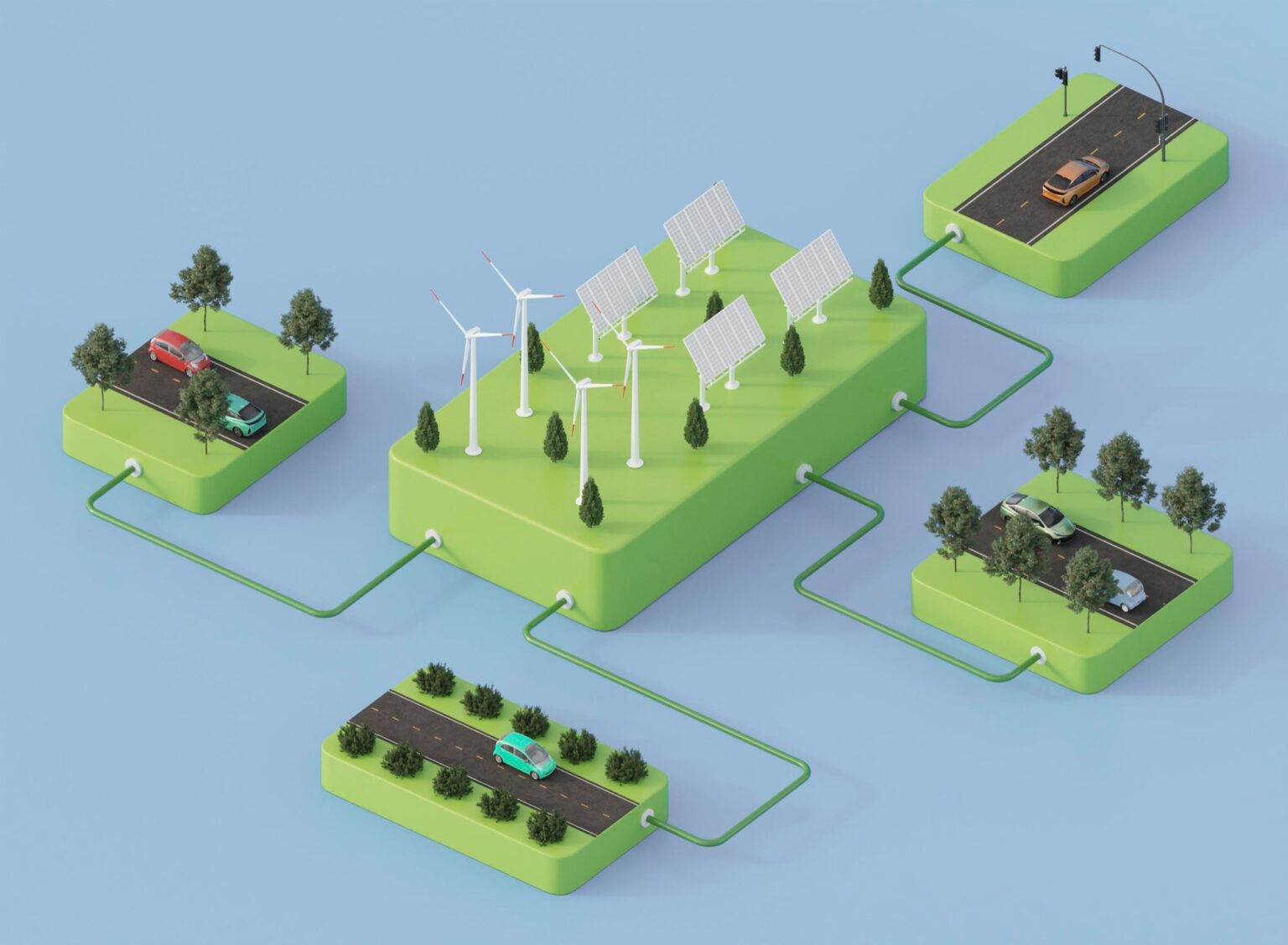Biofuels play a significant role in the pursuit of sustainable energy sources and reducing greenhouse gas emissions. They are derived from renewable biomass, such as plant materials, agricultural residues, and algae, and offer potential alternatives to fossil fuels. Biofuels can be produced through various processes, including biomass conversion and the use of alternative fuel sources, and they have the advantage of being carbon-neutral or even carbon-negative when produced sustainably.
Here are some key aspects of biofuels and their contributions to sustainable energy:
- Biomass Conversion: Biomass can be converted into biofuels through several methods:
a. Biochemical Conversion: This process involves the use of microorganisms, such as bacteria or yeast, to break down biomass into sugars, which are then fermented into biofuels like ethanol or butanol. Biochemical conversion is commonly used for converting sugarcane, corn, or cellulosic biomass (such as agricultural residues or dedicated energy crops) into biofuels.
b. Thermochemical Conversion: Thermochemical processes, such as pyrolysis, gasification, and hydrothermal liquefaction, utilize heat and pressure to convert biomass into biofuels like bio-oil, syngas, or biogas. These conversion methods offer flexibility in using a wide range of biomass feedstocks and can produce a variety of biofuels or valuable chemical compounds.
- Ethanol as a Biofuel: Ethanol, produced primarily from corn and sugarcane, is the most widely used biofuel worldwide. It is commonly blended with gasoline to reduce carbon emissions in transportation. Ethanol is also a key component in flex-fuel vehicles, which can run on blends of gasoline and ethanol.
- Biodiesel: Biodiesel is derived from vegetable oils, animal fats, or algae and can be used as a direct replacement or blending agent for conventional diesel fuel. Biodiesel has lower greenhouse gas emissions compared to fossil diesel and can be used in existing diesel engines without significant modifications.
- Advanced Biofuels: Advanced biofuels refer to those produced from non-food feedstocks, such as agricultural residues, algae, or dedicated energy crops. They offer higher energy density and potentially lower environmental impact than traditional biofuels. Advanced biofuels include cellulosic ethanol, which is derived from the cellulose component of biomass, as well as renewable diesel and jet fuels.
- Algal Biofuels: Algae have gained attention as a potential feedstock for biofuel production. Algae can be cultivated in ponds, bioreactors, or photobioreactors, and they have the ability to rapidly accumulate oils or biomass. Algal biofuels have the potential for high yields and can be produced using non-arable land and wastewater, reducing competition with food production.
- Environmental Benefits: Biofuels can offer environmental advantages over fossil fuels. When produced sustainably, they can help mitigate greenhouse gas emissions, as the carbon dioxide released during their combustion is offset by the carbon dioxide absorbed by the feedstock during growth. Additionally, biofuels can contribute to reduced air pollution, improved air quality, and decreased dependence on fossil fuel imports.
- Challenges and Considerations: While biofuels have considerable potential, there are challenges to address. Sustainable production practices, including responsible land use, water management, and protection of biodiversity, are crucial. Competition with food production and the potential for indirect land-use changes need to be carefully managed. Research and development efforts focus on improving the efficiency of biomass conversion processes, advancing the production of advanced biofuels, and exploring emerging technologies such as synthetic biology for biofuel production.
Biofuels, along with other renewable energy sources, have the potential to play a vital role in transitioning to a more sustainable and low-carbon energy future. Continued advancements in biomass conversion technologies, the development of sustainable feedstocks, and supportive policies will contribute to the wider adoption and integration of biofuels into our energy systems.



